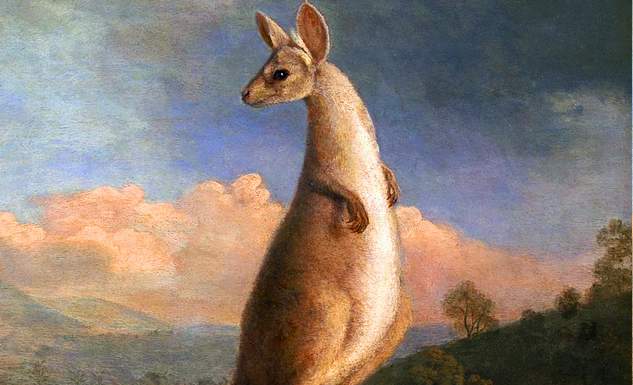Opinion/Editorial
WALTZING MATILDA
Back in 1895, when times were pretty tough in the outback of Australia, a song was written about a poor sheepherder put upon by local gentry who were accompanied by several brutal policemen. The sheepherder plunged into a pond and died rather than be taken by the men. The song is and was really about polarization. It’s about belief systems so strong that, like the phrase, ‘give me liberty or give me death’ they become more than slogans or mantras. Yet, when it comes down to the actual facts and the apparitions of fact that the mythology becomes based upon, is believing in something supposedly true worth giving up our very lives? What is liberty, in reality? Is it ‘freedom’ to have nothing, or something, or what somebody else has? Is it being left alone when there is no ‘aloneness’ in the social order gathered around us all, and necessary for survival?
We live in a time of increasing polarization. Not only are things extremely divided among those who are financially comfortable and those who are not, but this is also a time when racial and cultural divisions grow to illustrate the violently distinct chasms among religious views. Should religion be a part of the political functions of government or not? The United States has never been totally clear about such things. U.S. coins and paper money read on many of their surfaces, ‘in God We Trust’, and citizens ordered to testify in court have to swear on the Holy Bible to testify.
However, reading the U.S. Constitution would seem to indicate that religion has no place in government. At what point can we learn to accommodate belief systems that are exclusionary, especially in religion? When religion and most are this way, affirms that they are the only ‘real’ religion, and all other religions are a form of blasphemy, it’s difficult to have any interaction between religious groups or their members. This same polarized separation of belief systems has overtaken the two-party political system that’s been prevalent in the United States since its inception.
Currently, the country doesn’t have an organized republican slate of plans put up against a democratic slate of plans or individuals running against one another on issues presented before everyone. We have people with money or supporting those with money, and we have people who have little money and supporting those with little money. This translates into people who ‘work’ and people who do not ‘work,’ even though any anthropologist or economist will tell you that possessing money has little to do with the concept of work. In fact, the concept of work changes from society to society as we move across the globe. Many equatorial societies don’t have strong beliefs about work at all, simply because their geographic and weather conditions do not necessitate ‘work’ for survival. One can sleep outdoors and simply pick fruit from available trees or bushes to eat. They also don’t have strong ideas or applications with respect to property ownership.
Under what conditions do we reach a place where having our way about money and stuff means that we must commit violence, to the point of death, to accomplish that? The word generally used in describing such a final state of violent social confrontation is revolution.
Waltzing Matilda is the name of the song mentioned earlier in this article, and it became the military song of Australia following WWI. Today it’s considered the unofficial national anthem of that country. America’s own Star-Spangled Banner has lyrics so war-like that it’s sometimes hard to listen to them. Revolution is a bloody endeavor and in many ways, a form of social suicide to contemplate, as the corpus of the original political and social body left after a revolution is seldom anything like what might have been wanted when it was launched into. Today’s movies, television, and much of the written word is all about violent heroes, superheroes, dragons, and monsters, all committing terrible violence in order to accomplish peace and love.
How do we change this violent directional thrust being forced into the young minds of today?
We must carefully consider what we have in the way of leadership and direction while, at the same time, tamping down our rhetoric and cinematic thrust about the outrages against freedom, peace, and love that might cause us to want to die in their questionable and arguable name. In so many ways and times, across the planet in the present, past and likely future freedom is just another word for nothing left to lose. The United States of America, and you personally as a part of it, have plenty left to lose.







